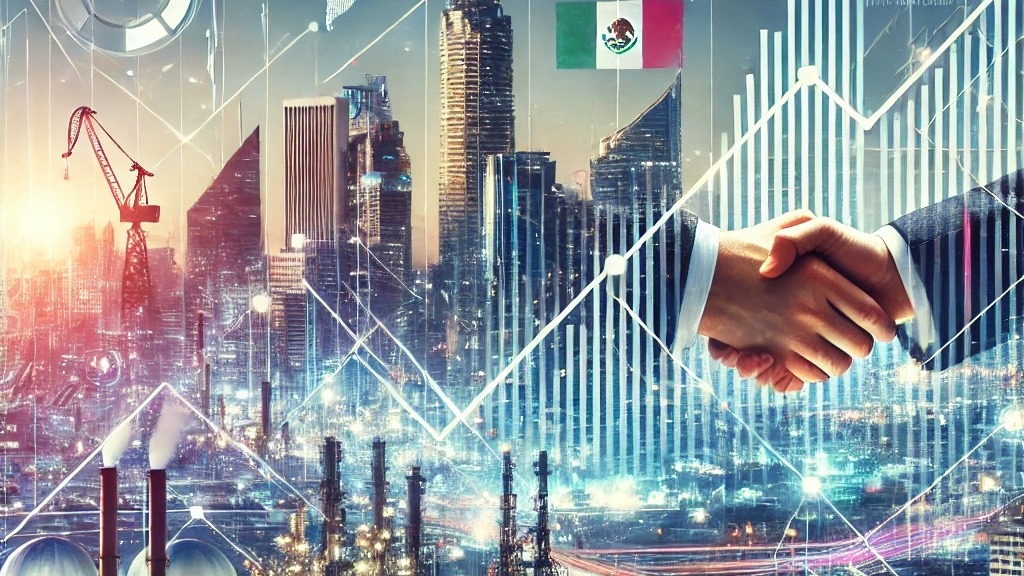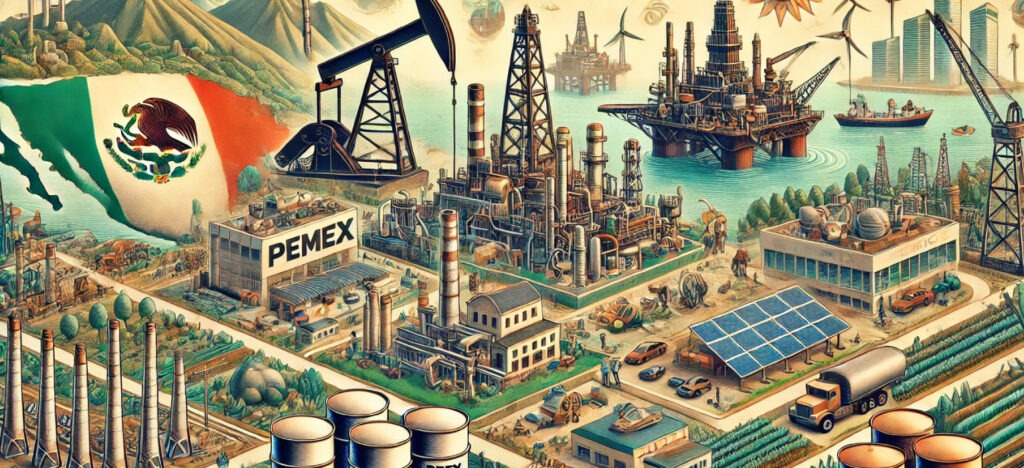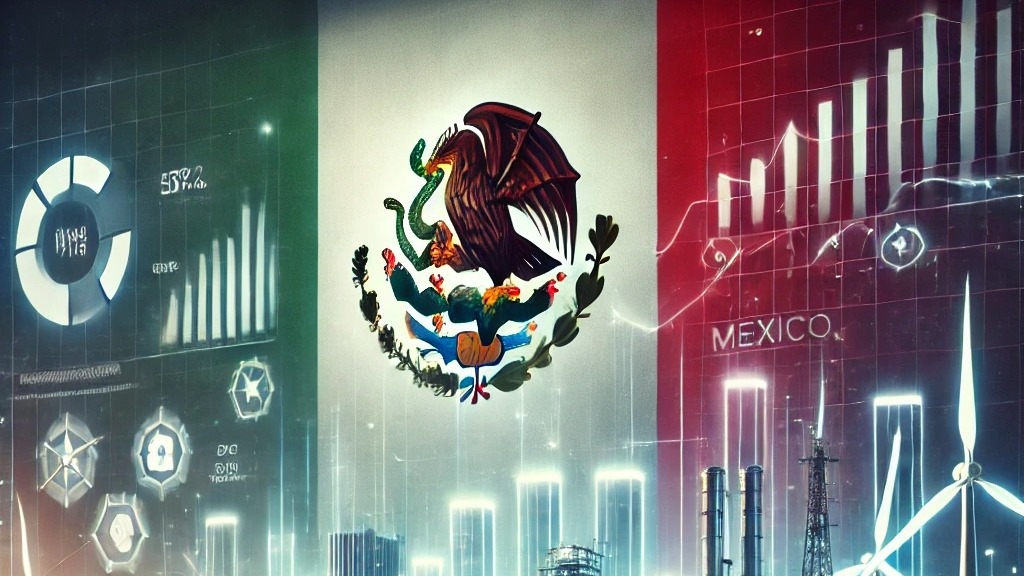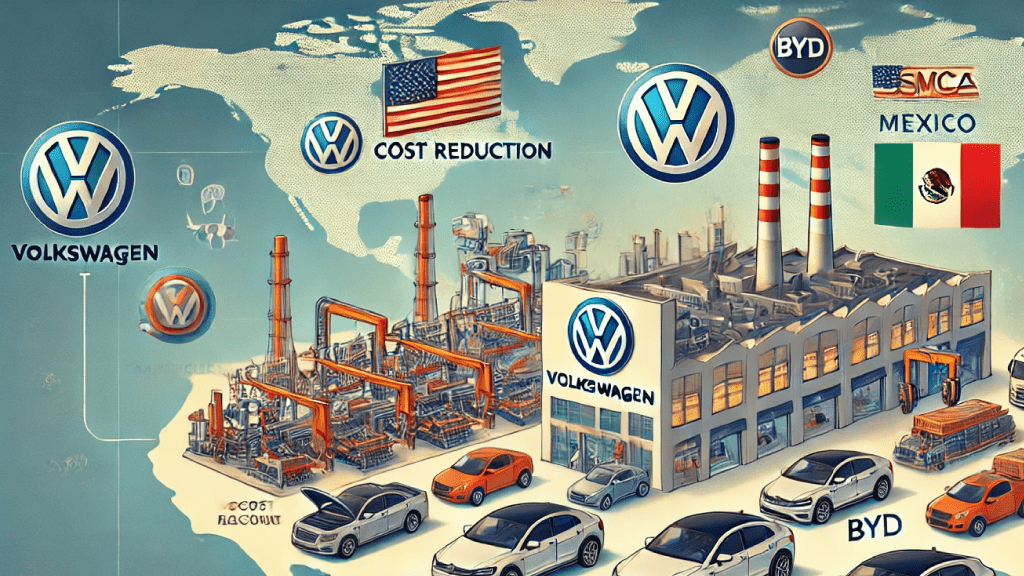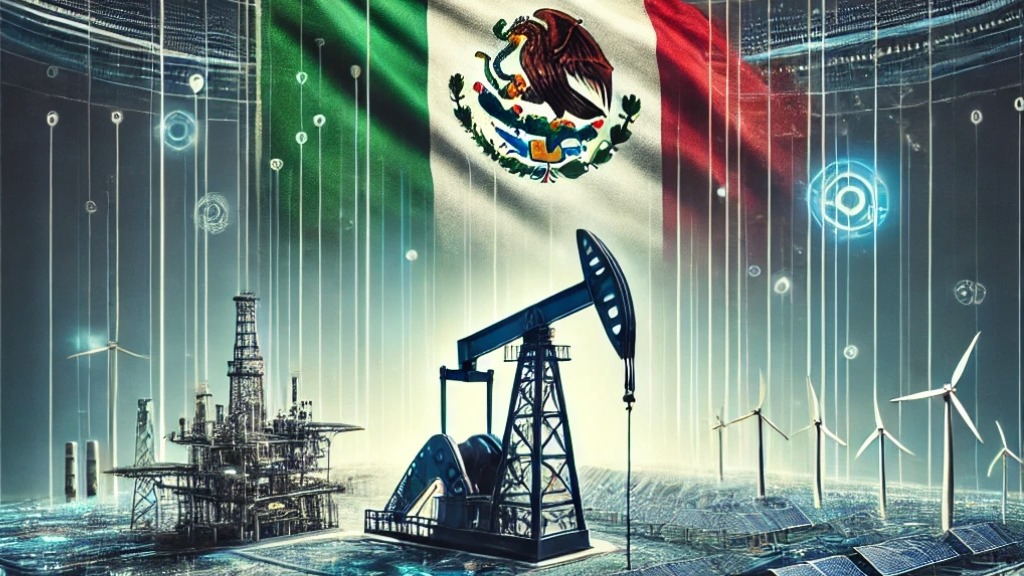From CEO Dialogue, Sheinbaum announces $20 billion to transform Mexico
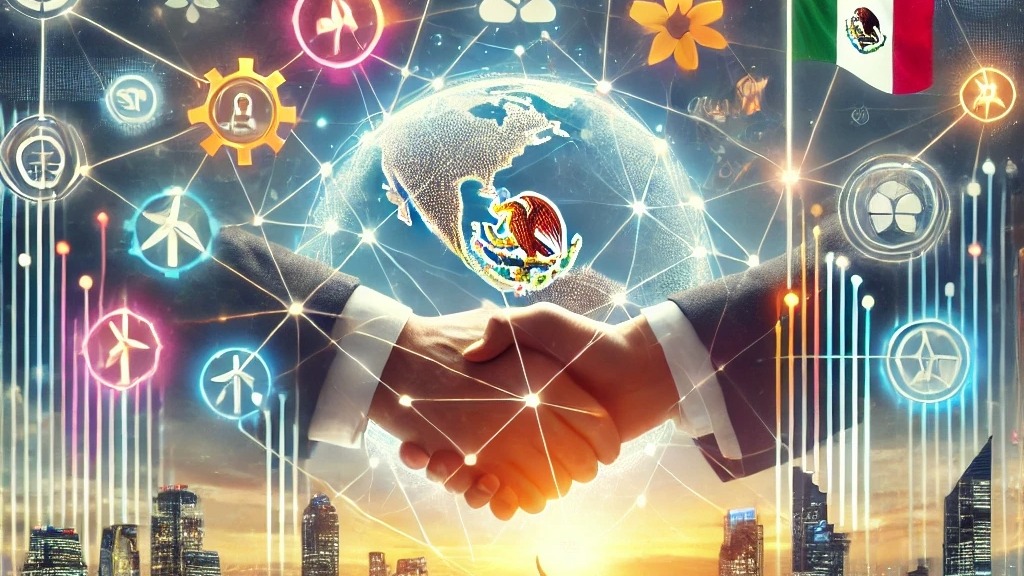
In her first meeting with businessmen as president, Claudia Sheinbaum revealed millionaire investments for Mexico after the US-Mexico CEO Dialogue, highlighting contributions from Royal Caribbean, Amazon and Pemex.
Claudia Sheinbaum, Mexico's president since October 1, led the US-Mexico CEO Dialogue, a summit at the National Palace that brought together more than 60 business leaders from Mexico and the United States.
This forum allowed both countries to explore challenges and opportunities in the trade relationship and announced investments of more than US$20 billion in strategic sectors such as energy, tourism, technology and logistics.
Sheinbaum stressed that Mexico and the United States do not compete, but rather complement each other, marking a regional collaborative approach based on the T-MEC framework.
For his part, Marcelo Ebrard, Secretary of Economy, emphasized that this event symbolizes the formal start of the active promotion of the trade agreement, a key component for the country's economic development.
The announced investments, which include contributions from companies such as Mexico Pacific, Royal Caribbean, Amazon and Pemex, seek to consolidate Mexico's integration into global value chains and strengthen its energy and digital infrastructure.
The Mexican market has clear strengths, such as its geographic proximity to the United States, its membership in the T-MEC and a diversified industrial base, which makes it attractive for investment in manufacturing and logistics.
Initiatives such as Mexico Pacific's US$15 billion investment in energy underpin this advantage, consolidating the country as a relevant player in the energy sector.
In addition, tourism projects such as Royal Caribbean's project in Mahahual, which is linked to the Tren Maya, seek to balance regional development and energize the economies of the south, expanding opportunities in tourism and services.
The uncertainty surrounding judicial and energy reforms could generate concern among investors, despite the government's efforts to ensure that they do not represent an obstacle, but rather an opportunity to strengthen the rule of law and improve the efficiency of the electricity system.
The international context offers key opportunities for the Mexican market, such as the nearshoringwhich is reshaping global supply chains and creating space for Mexico to position itself as a strategic manufacturing hub for U.S. companies.
Investments such as that of Amazon, which will allocate US$6 billion to strengthen its digital infrastructure in Mexico, reflect the country's growing importance as a logistics and technology hub in the region.
The development of a fuel depot by Pemex, with an investment of US$10.4 billion, also reinforces energy self-sufficiency, a crucial factor in a highly volatile global environment.
Domestic political instability and the possibility that structural reforms may not generate the expected results represent latent risks. In addition, competition from other emerging markets in Latin America and pressure to maintain adequate environmental and social standards under the T-MEC could complicate the flow of investment.
Even so, the CEO Dialogue summit shows that Mexico continues to be an attractive destination for foreign capital, especially in strategic sectors. The participation of figures such as Sarah Bairstow, president of the US-Mexico Economic Council, and Suzanne P. Clark, CEO of the U.S. Chamber of Commerce, reinforces the idea that Mexico is a key business ally for the United States.
This event marks a decisive step in the promotion of Mexico as an investment destination with great potential, despite internal and external challenges. The proposed working tables around judicial and energy reforms seek to ensure a favorable business environment, while the promotion of the T-MEC strengthens regional economic integration. Mexico is betting on a collaborative growth model, where foreign investment and structural reforms converge to offer certainty and long-term opportunities, consolidating its role as a strategic partner in North America.
Collaboration: Editorial Auge.

